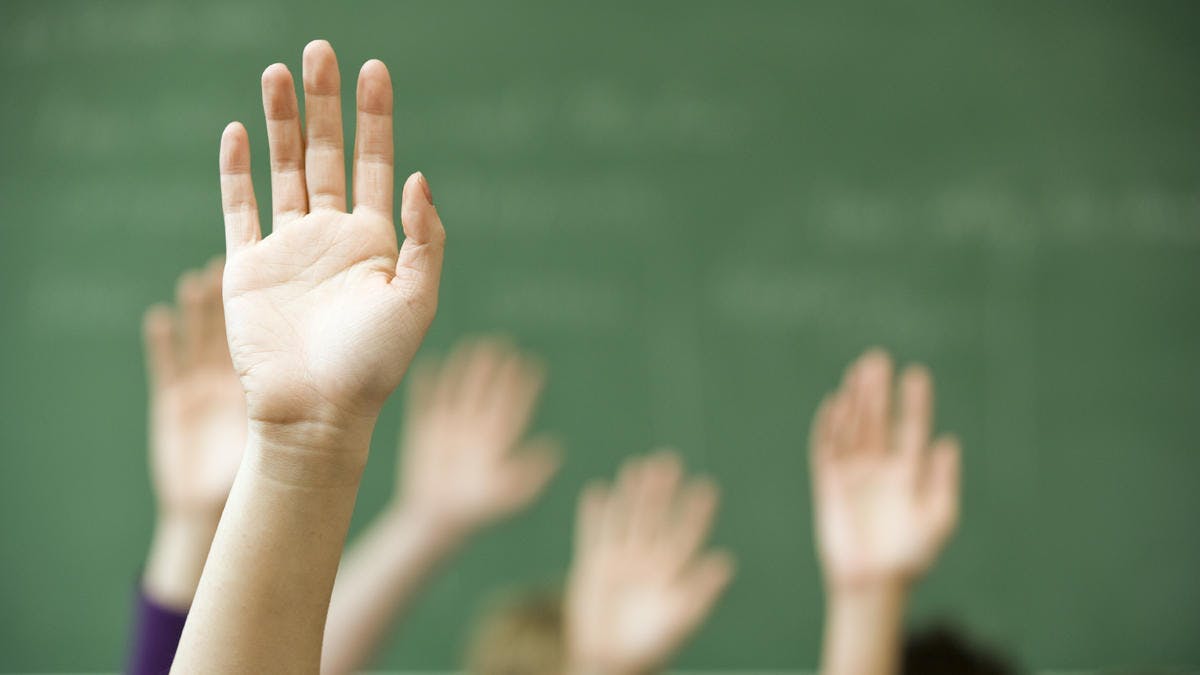Education
2020-09-04 · 5 min readThe state of our current education system, and reforms that might work
TLDR; The education system is broken and doesn't achieve what its supposed to. My proposed way to fix it is to run simulations of the real world to prepare students, as well as teach game theory and philosophy to enrich our understanding of how society works. In Indiana University's survey of 81,000 students, 73 percent said they didn't like the school, and 60 percent said they didn't see the value in what they were learning. In an education system, perfected since 1635, almost 385 years, how can so many students hate it, and not even know why they learn what they learn? Before engaging on my opinions on how these came to be, and possible solutions, let us start by defining the education system. Currently, almost every single person has differing views, but I'll settle on the one defined in Harvard Law Reviews, "Social, Emotional, Ethical, and Academic Education" by Jonathan Cohen. He describes an education system's goal to prepare people socially, mentally, ethically, and academically. These all combine for the one goal, to help the economy, and to become a good member of society. I would argue that our current education system only delivers academics and a half-assed version of even that. I'll try to articulate where and why our current education system fails, and propose some possible ways to fix it.
Definition of the Problem
First off our current education system. First, let us take the basis of our education system. It relies on the fact that students can learn when given material to learn, and later being asked to repeat what they learned 1-2 weeks later. I would argue, that an efficient student, can learn to succeed in school by short term memorization, and never really learn.
The reason this works is since mostly everything is based on how well you can remember concepts and regurgitate them, there is no incentive to learn. Without an incentive to learn, students repeat this cycle, managing to get rewards (good grades), seemingly to forget about it the next year. This system doesn't help education as defined in any of our goals. It affects students socially, by pushing friends and family away with heavy courseloads (which students are incentivized to do with grades and GPAs), and also negatively affects them emotionally with the constant stress and numerical grades. We can actively see some of the side effects of these negative emotions with suicide and depression rates of teens at an all-time high. Ethically, our system does not promote cooperation or foster a sense of community or cooperation. I would actively argue that with competition at its highest, people are forced to compete against each other, discourage kindness, and helpfulness. Academically, our students are learning, but actively seem to forget the information taught, swapping it out each year with a new set of things to memorize. Without active retention, most people forget the material, but it does teach us good study habits, and how to learn on our own.
Possible Solutions
After thinking for a bit about possible solutions to education, I thought of one that might do the job. After doing work with AI using reinforcement learning, I was thinking about how it could be used in real life. What if we taught the basics up to first or second grade, and made them simulate economies, and judge people based on their success. Not only this, but also teach them about game theory, philosophy, and how to act like a rational actor. These would truly prepare them for real life and teach them social skills from game theory.
Socially, it achieves its goal by teaching them how to act in real life, and the best way to learn how to act in real life is to simulate it with lesser impacts. They would be able to work with others, and also gain valuable knowledge from game theory about why honesty and trustworthiness matter, and when to be honest. They would gain good mental health through economic simulations because it would be fun and provide rewards. With no real impacts, students wouldn't have to study, but work on things that they enjoy, and love. This is great ethically because currently, our school system enforces ideals without any logic to support it. Through learning game theory and philosophy, they can come to understand how we came to uphold freedom, why academic dishonesty is bad, and why bullying would be bad. Academically, would be where this would differ the most from our current school system. Overall, I feel that most of what we learn in school is never put into use, but the parts that we do need to know would be learned through the simulation. Students can now self learn through the internet, and would be able to pick up new subjects as they go. For example, I was able to do this with programming, which then became something that I excel in, where I learned almost everything from YouTube videos. This way, students would be prepared to self learn, and gain knowledge useful in the real world, with real tasks.
Conclusion
Overall, I feel like our current education system is outdated, and not built to accomplish goals, but no one says anything about it because it is so normalized. A good way to test this would be to try this in a small sample population of high-schoolers and look at the outcomes. One place it might fail would be to give colleges a good metric of how a student does.
The reason I didn't elaborate on this, is because I feel colleges already are starting to lean more on essays rather than numbers, and I feel like a simulation would give a more holistic view of a student, not including their economic background. I'm excited about this, and would love to look more into testing a solution like this in the future!
